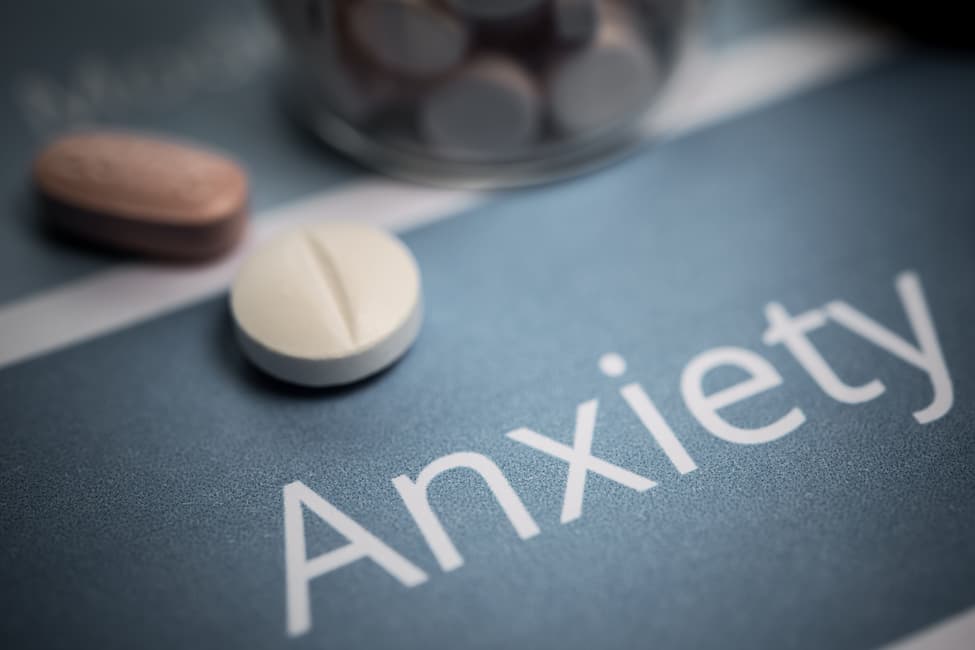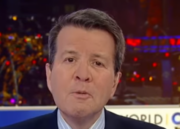According to the Centers for Disease Control and Prevention, benzodiazepine overdoses increased by nearly 24% between 2019 and 2020. Fatal overdoses Continue reading Is Your Loved One Addicted to Benzodiazepines? Benzodiazepine Abuse Signs ? The post Is Your Loved...
 Benzodiazepines are prescription psychoactive medications that help people manage anxiety, insomnia and seizure disorders. They are also among the most misused categories of prescription drugs in the United States. Heres how to recognize benzodiazepine abuse signs in your loved ones or yourself.
Benzodiazepines are prescription psychoactive medications that help people manage anxiety, insomnia and seizure disorders. They are also among the most misused categories of prescription drugs in the United States. Heres how to recognize benzodiazepine abuse signs in your loved ones or yourself.
According to the Centers for Disease Control and Prevention, benzodiazepine overdoses increased by nearly 24% between 2019 and 2020. Fatal overdoses involving illicit benzodiazepine use increased by more than 500%.
The COVID-19 pandemic is not only a communicable disease crisis but also a mental health catastrophe of global proportions. Prolonged social distancing and fears surrounding potential infection appear to have directly influenced an uptick in anxiety and major depressive disorders worldwide.
What Is Benzodiazepine?
Anxiety disorders are prevalent throughout the United States; approximately 18% of adults over the age of 18 struggle with an anxiety disorder. Benzodiazepines help people who suffer from panic attacks and other anxiety disorders restore a sense of calm. They achieve this effect by interacting with gamma amino-butyric acid neurotransmitters, which send signals that inhibit feelings of anxiety and overstimulation.
Benzodiazepine medications are the most commonly prescribed pharmaceutical treatments for generalized anxiety disorders. Benzodiazepines include the following medications:
Alprazolam (Xanax) Chlordiazepoxide (Librium) Diazepam (Valium) Flurazepam (Dalmane) Lorazepam (Ativan) Midazolam (Versed) Temazepam (Restoril)These medications might be prescribed to treat a diverse assortment of conditions. They are FDA-approved to treat panic disorders, epilepsy, social anxiety disorder and sleep disorders.
What Are Signs of Benzodiazepine Abuse?
Unfortunately, many people become addicted to benzodiazepines without fully recognizing the signs of dependency. Here are the most common benzodiazepine abuse signs.
Physical Distress
Physical symptoms are very often the clearest signs of benzodiazepine misuse; typically, only high volumes of benzodiazepines (or combining the drugs with alcohol or other substances) lead to physical side effects. These include:
Appetite loss Diminished muscle coordination Headaches Nausea Respiratory depression (when the lungs cannot absorb oxygen and expel carbon dioxide) Slurred speechExtreme Changes in Mood
Though different types of benzodiazepine medications can cause different side effects, when they are misused, they can lead to significant behavioral changes. These include:
Confusion Disorientation Lack of focus Lethargy Manic mood swingsBecause benzodiazepines remain in the body for significant periods of time after cessation, it is possible to experience delayed symptoms and side effects.
Experiencing Withdrawal Symptoms
Benzodiazepine dependency occurs when continual ingestion of a substance leads to chemical changes in the body that cause a tolerance to the substance. Drug tolerance might cause people to increase the dosage of the drug to achieve the desired effect. It can also cause highly unpleasant and even dangerous symptoms when ingestion of the drug stops. Dependency generally occurs after 6 months of persistent misuse.
A person might not recognize their addiction to benzodiazepine until they attempt to stop using the drug and experience debilitating withdrawal symptoms. Symptoms of benzodiazepine withdrawal include:
Hallucinations Severe muscle cramps Fainting SeizuresUsing Benzodiazepines in Non-Prescribed Ways
Using benzodiazepines in nonprescribed ways includes:
Taking benzodiazepines in higher doses than prescribed Taking benzodiazepines more frequently than prescribed Combining benzodiazepines with other substances against doctor recommendationsThese actions are not only benzodiazepine abuse signs, but they are also extremely dangerous practices. Combining the drugs with other substances is particularly risky. Certain substances enhance the effects of benzodiazepines, while other substances reduce their effectiveness, potentially causing overuse. Mixing benzodiazepines with alcohol or opioids can be fatal.
Becoming Preoccupied With Acquiring Benzodiazepine
People who develop a benzodiazepine addiction (or an addiction to any substance or behavior) frequently fixate on their ability to acquire and use the drug. Behaviors that indicate a preoccupation with obtaining a ready drug supply often include doctor shopping, which is going to different medical practitioners in an attempt to receive illicit prescriptions. Other signs include:
Purchasing benzodiazepine on the street Stealing prescriptions Stealing medicationsBenzodiazepine Treatment at The Raleigh House
The Raleigh House offers comprehensive therapeutic interventions for people struggling with benzodiazepine dependency. We provide access to a team of addiction specialists trained to address all levels of addiction, from mild addiction disorders to severe, long-term cycles of substance misuse.
Our treatment modalities include intensive inpatient therapies, which might involve medically supervised detoxification, medication-assisted treatment, cognitive behavioral therapy, targeted treatment for co-occurring disorders and specialized therapies. We also offer a continuum of care and access to a robust alumni network.
If you have noticed benzodiazepine abuse signs in yourself or a loved one, please dont hesitate to contact our team for more details about the admission process.
The post Is Your Loved One Addicted to Benzodiazepines? Benzodiazepine Abuse Signs appeared first on The Raleigh House.











